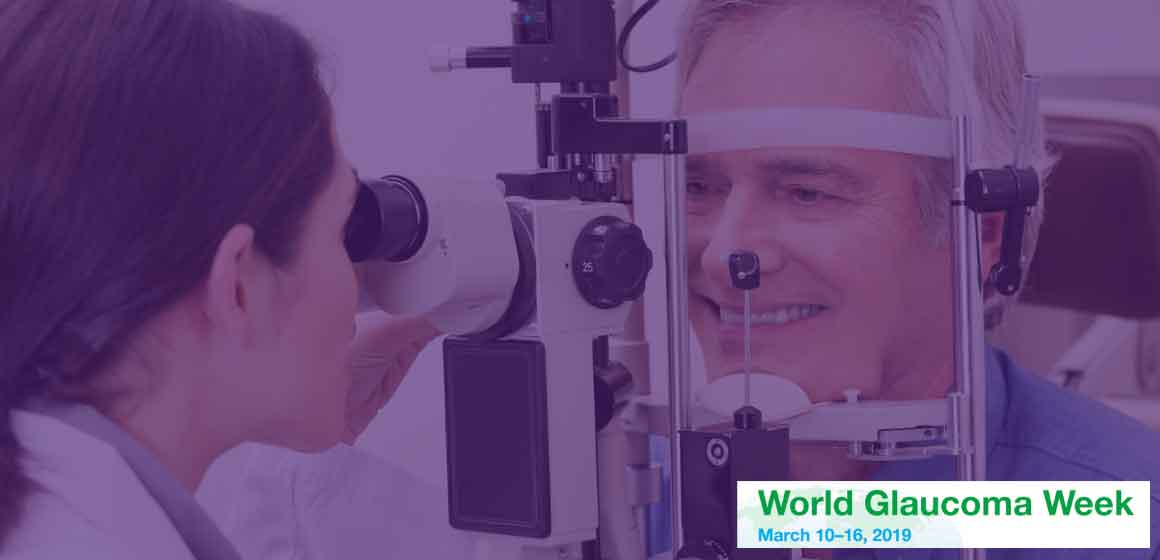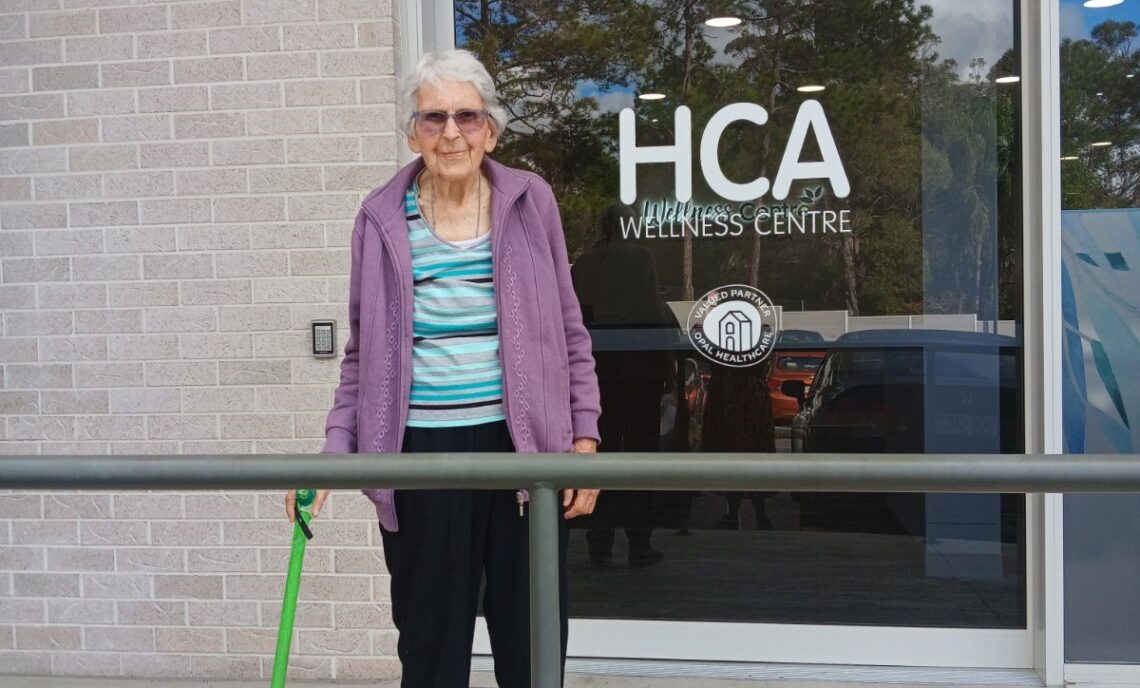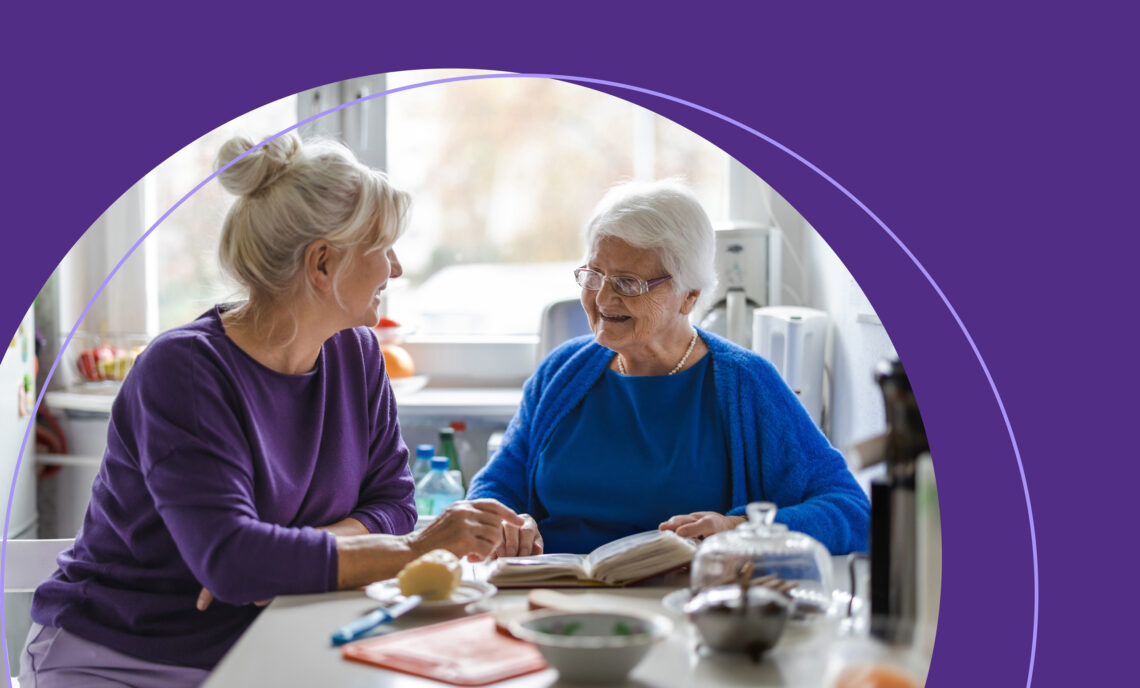
World Glaucoma Week – How to prevent and pick up the early signs of Glaucoma
This week is World Glaucoma Week (March 10-16), we thought it would be important to discuss the importance of understanding what Glaucoma is, it’s effect on those diagnosed with the disease, how it can be prevented and how to pick up on the early warning signs.
Glaucoma is a group of eye conditions that damage the optic nerve, the health of which is vital for good vision. This damage is often caused by abnormally high pressure in your eye. It is one of the leading causes of blindness for people over the age of 60. There are different types of Glaucoma, so it’s important to get a proper diagnosis from your doctor.
Glaucoma can dramatically affect a person’s life, as low vision or blindness makes it extremely hard or impossible to complete everyday tasks that we all take for granted, such as driving, cooking or even crossing the road.
How can Glaucoma be prevented?
- Get regular dilated eye examinations – a check for people over 65, every six to 12 months is imperative
- Knowing your risk factors, including;
-People of African, Asian or Hispanic descent
-People with diabetes
-A family history of Glaucoma (especially a brother or sister)
-High internal eye pressure (intraocular pressure)
-Having had an eye injury or certain types of eye surgery
-Being extremely nearsighted or farsighted
-Thin corneas and thinning of the optic nerve
- Moderate exercise such as jogging or walking three or more times a week consistently. Yoga can also be beneficial to reduce eye pressure. Always speak with your GP before starting a new exercise program.
- Not smoking, maintaining a healthy weight, and eating a varied and healthy diet.
- Wearing protective eyewear in the sun and when engaging in sports or physical projects at home or work.
- Take prescribed eyedrops regularly from your doctor. Glaucoma eye drops can significantly reduce the risk that high eye pressure will progress to Glaucoma.
What are the early signs?
Unfortunately, many forms of Glaucoma have no warning signs. The effect can often be so gradual that you may not notice a change in vision until the condition is at an advanced stage.
Open-angle Glaucoma
- Tunnel vision in the advanced stages
- Patchy blind spots in your side (peripheral) or central vision, frequently in both eyes
Acute angle-closure Glaucoma
- Eye redness
- Severe headache
- Eye pain
- Halos around lights
- Nausea and vomiting
- Blurred vision
If you have these symptoms, make sure you see an eye care practitioner or visit the emergency room immediately, so steps can be taken to prevent permanent vision loss.
If you are a loved one is suffering from advanced Glaucoma, you may want to consider assistance in the home and for everyday tasks. The team at HCA Home are here for you and we are happy to talk about you or a loved one’s home care options. Call 1300 422 111 (Press 2) or email aged@hcahome.com.au.



